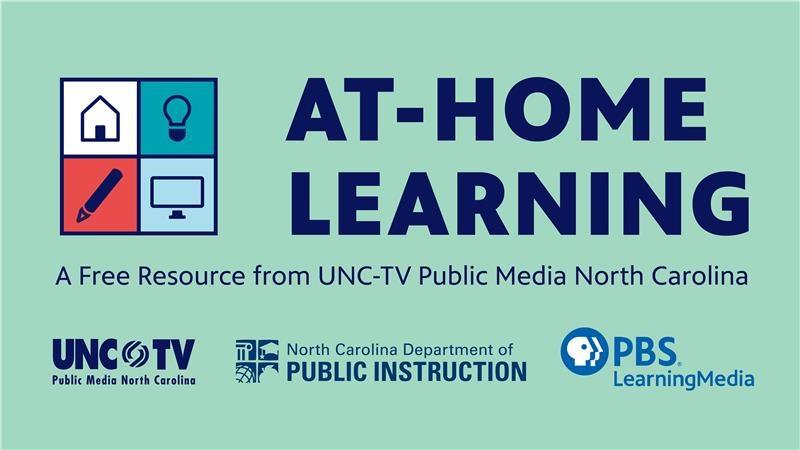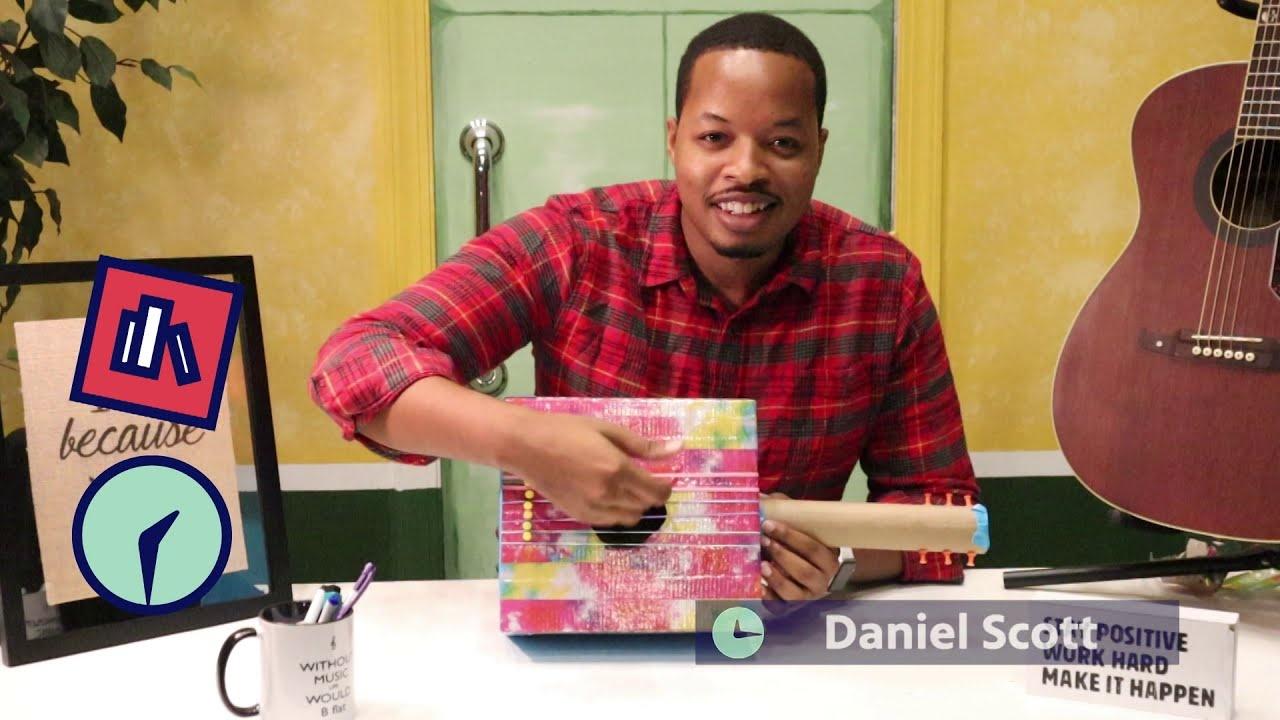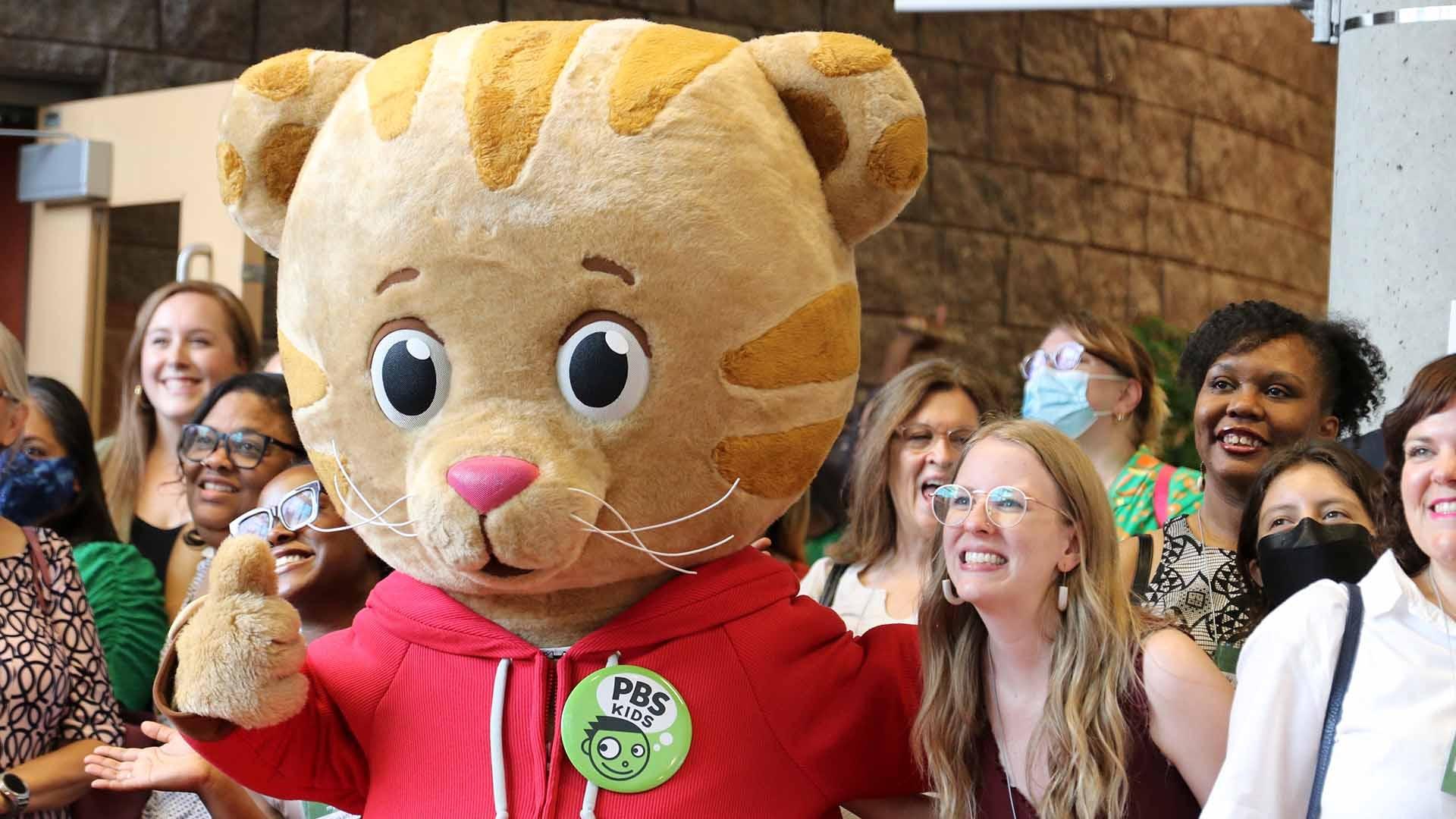
At-Home Learning
PBS North Carolina provide standards-aligned programming and curriculum-based lessons on our broadcast channels and online.

PBS North Carolina Education and its partners provide educational resources to help families learn and grow together as they prepare their children for success in school and life.
The quality of fathers’ engagement with early learning makes a difference for young children. Fathers are more engaged with their children when they feel valued, are part of daily routines and receive services to develop parenting skills tailored to their needs. A father-friendly environment promotes the well-being, learning and development of fathers as well as their families.
At the center of NC’s early care and learning workforce are thousands of well-trained teachers with a deep commitment to the healthy development of children and to the families and communities they serve. High-quality early care and learning depends on well-prepared teachers with the knowledge and skills to provide engaging interactions and classroom environments to support children’s learning.
North Carolina’s early childhood teachers partner with families to aid the healthy development of their young children. The teachers form close relationships with parents and children, using their strengths and interests to help them achieve their goals.
The North Carolina Child Care Resource and Referral Council helps find quality, affordable child care resources you can trust.
Find child care resources at childcarerrnc.org or call 888-600-1685.
The State of North Carolina pays a portion of the cost of child care for eligible families through subsidized child care services.
NC Department of Health & Human Services
Learn more about how to find and apply for child care assistance in North Carolina.
Your child's first teacher is you! Brain development that happens in the first five years of life sets the stage for future success.
For early learning resources for families, visit the National Association for the Education of Young Children (NAEYC).
A child and their family may receive Infant-Toddler Program supports and services if the child is younger than age three and has a developmental delay or an established developmental condition.
Learn more about eligibility for the NC DHHS North Carolina Infant-Toddler Program.
Starting from birth, babies learn who they are by how they are treated. Strong, positive relationships help children develop trust, empathy, compassion and a sense of right and wrong.
Zero to Three
Zero to Three works to ensure that all babies and toddlers have a strong start in life.
National Association for the Education of Young Children (NAEYC)
Find research-based resources, tips and ideas for families on young children's learning and development.
North Carolina Department of Public Instruction
Early Learning Information for Families
North Carolina Department of Health and Human Services Division of Child Development and Early Education
Early Care and Learning Information for Parents
North Carolina Child Care Resource & Referral Council
Find child care resources at childcarerrnc.org or call 888-600-1685.
Smart Start
Connect with your local agency for parenting resources and more at www.smartstart.org.

PBS North Carolina provide standards-aligned programming and curriculum-based lessons on our broadcast channels and online.

A series of short-form hands-on STEM learning activities for early learners presented by North Carolina teachers.

Ambassadors serve as community leaders, connecting PBS KIDS and early learning resources to the unique needs of their counties.
This publication was made possible by Grant Number 0TP0046-01-00 from the Office of Child Care, Administration for Children and Families, U.S. Department of Health and Human Services. The project described was supported by the Preschool Development Grant Birth through Five Initiative (PDG B-5), Grant Number 0TP0046-01-00, from the Office of Child Care, Administration for Children and Families, U.S. Department of Health and Human Services. Its contents are solely the responsibility of the authors and do not necessarily represent the official views of the Office of Child Care, the Administration for Children and Families, or the U.S. Department of Health and Human Services.
PBS North Carolina is proud to partner with the North Carolina Department of Health and Human Services.